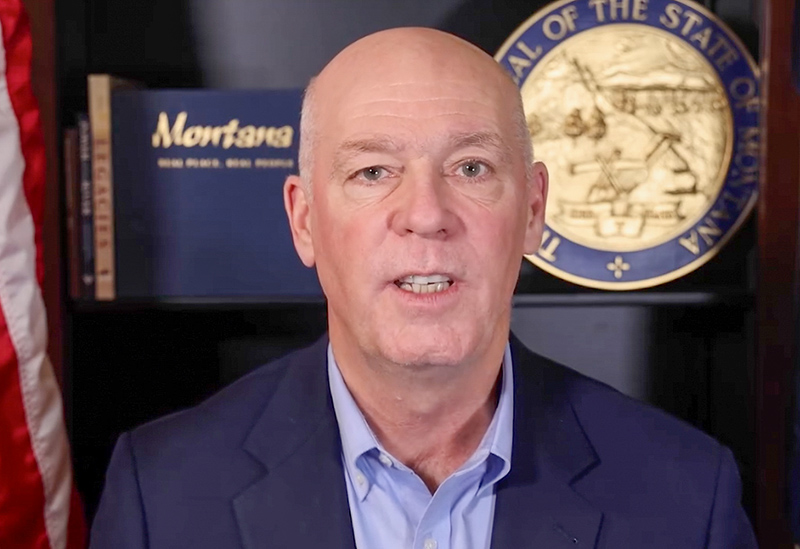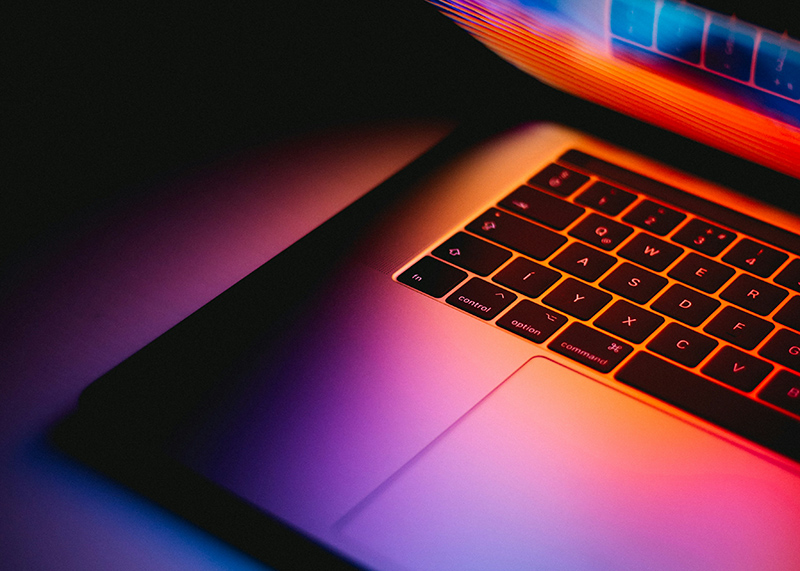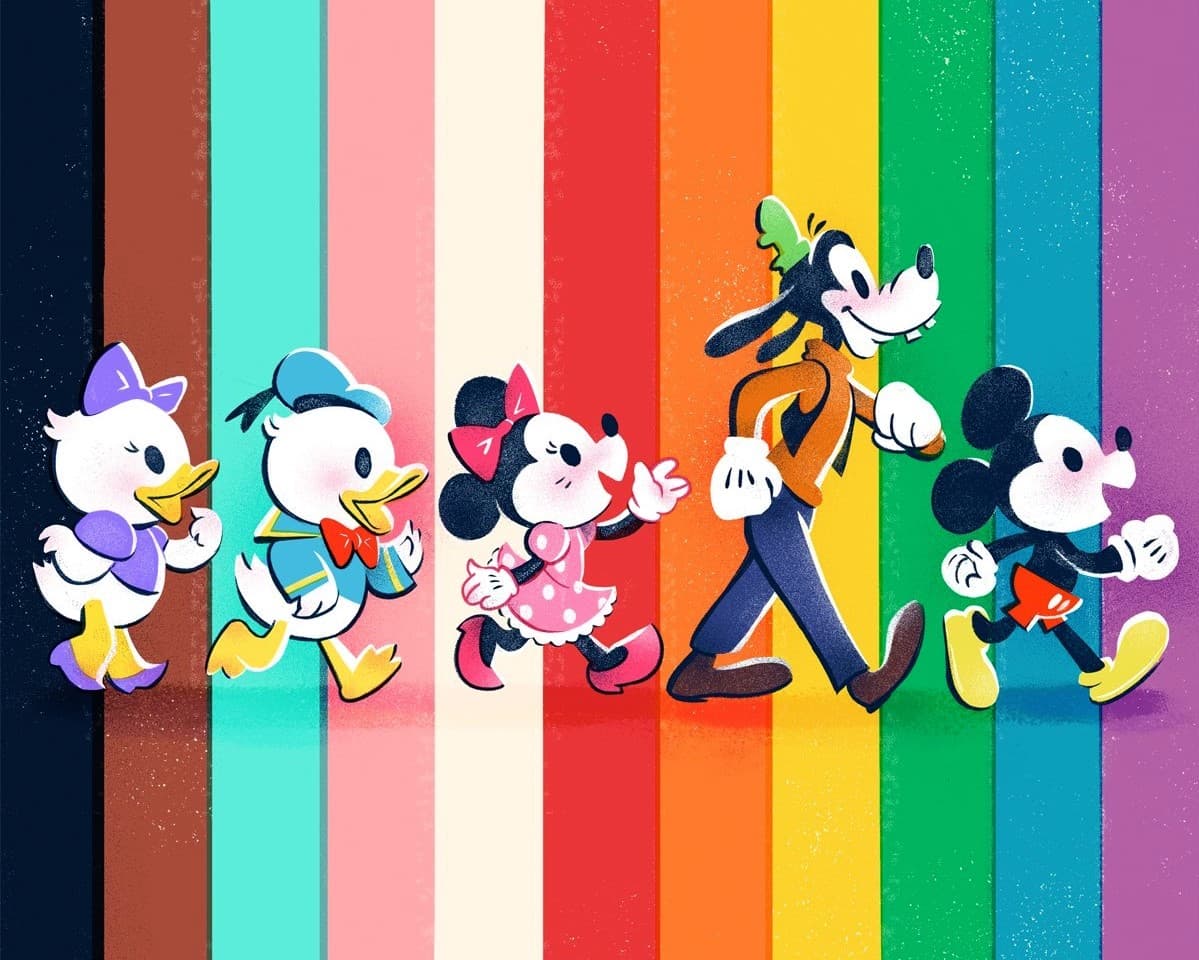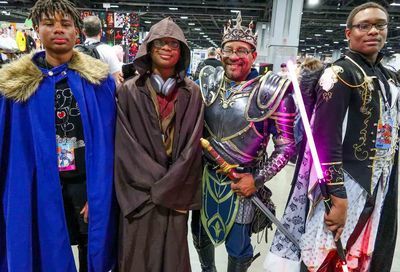HRC: Economic fallout from COVID-19 has ‘hit trans community especially hard’
Trans people, particularly trans people of color, have had hours cut, wages reduced, and lost jobs at disproportionate rates

The economic impact of the COVID-19 pandemic has disproportionately impacted transgender people, and particularly transgender people of color, according to new research from the Human Rights Campaign.
The nation’s largest LGBTQ rights organization has been monitoring the impact of COVID-19 on the LGBTQ community in partnership with PSB Research, and had previously revealed that LGBTQ people of color are experiencing greater economic impact from COVID-19 than white LGBTQ people and the wider population.
Now, HRC research also shows disparities between transgender people and the wider LGBTQ community, with transgender people of color facing an even greater disparity in terms of the economic impact of the COVID-19 pandemic.
For instance, more than half of transgender people overall (54%) have reported having their work hours reduced due to COVID-19, compared to less than a third (30%) of LGBTQ people overall, and less than a quarter (23%) of the general population. For trans people of color, that figure rises to 58%.
Trans people are also more likely to have had their wages reduced during the pandemic — 27% of trans people overall, and 37% of trans people of color — compared to 10% of LGBTQ people overall and only 7% of the general population.
“This new data makes clear that the economic fallout from COVID-19 has hit the transgender community especially hard,” HRC President Alphonso David said in a statement. “For transgender people of color, the systemic barriers in employment, housing and health care compound the hardship faced by so many during this pandemic.”
He continued: “The impact of COVID-19 on LGBTQ people, particularly transgender people and people of color, reinforces that we cannot protect public health without equality for all.”
Among the other data in HRC’s report, they found that transgender people are also more like to have been forced to switch to part-time work or to have been made unemployed during the COVID-19 pandemic, with those numbers again higher for transgender people of color.
Trans people of color are particularly concerned about their finances during the pandemic, with two-thirds (67%) saying they are very concerned they cannot pay their bills on debt, compared to 59% of trans people overall, 20% of LGBTQ people overall, and only 15% of the general population.
More than half of trans people of color (51%) have also had to change their household budget due to the pandemic, a disproportionately high rate. For the wider trans community and LGBTQ people overall, the rate is around one-third (32% and 30% respectively), while only 26% of the general population have modified their budget due to COVID-19.
HRC also pointed to additional disparities facing the transgender community during the pandemic, including preexisting barriers and discrimination.
A recent analysis of CDC data by the HRC Foundation found that 22% of trans people and 32% of trans people of color lack health insurance coverage, for instance. And for those able to access health care, discrimination remains a problem, particularly after the Trump administration last week removed discrimination protections for transgender people from the Affordable Care Act.
HRC also noted in a press release that “the term ‘people of color’ does not begin to articulate the differences in experiences among individuals of various races and/or ethnicities.”
“We cannot forget that data have shown that Black people have been far more negatively impacted by COVID-19 on a health and economic level than others,” HRC said.
Last month, the organization released a report on the economic impact of COVID-19 on LGBTQ people of color, noting a disproportionate economic impact compared with white LGBTQ people and the general population.
Read more: LGBTQ people of color experiencing greater economic impact from COVID-19
HRC pointed to a number of factors that are contributing to LGBTQ people of color being particularly impacted by COVID-19, including Black people accounting for 22% of COVID-19 deaths in the U.S. despite only comprising 12% of the population.
Black people and LGBTQ people are also more likely to be employed in industries that have been heavily impacted by the pandemic, including food service or restaurants, or to be working as janitors, cashiers, and stockers.
In its May report, HRC noted that “poor data collection, however, has limited our understanding of the impact of this epidemic on Black LGBTQ Americans.”
Alphonso David, HRC’s president, had previously warned of COVID-19’s impact on both LGBTQ and Black communities, and urged state and federal governments to collect more data on the effects of the virus on those communities.
“We cannot ignore the role that bias plays in health disparities, and for that reason HRC has long called for inclusive data collection to ensure that all people are counted,” he said in a statement at the time. “Today, we call on every state to collect more data so that we can truly measure the impact on those most at risk and respond with prevention and treatment strategies that work.”
Read more:
Supreme Court LGBTQ Ruling: 5 Bizarre Excerpts From Conservative Dissents
HUD crafting rule to allow single-sex homeless shelters to turn away transgender people
US embassy removes Pride flag, Black Lives Matter banner after complaint from State Department
Support Metro Weekly’s Journalism
These are challenging times for news organizations. And yet it’s crucial we stay active and provide vital resources and information to both our local readers and the world. So won’t you please take a moment and consider supporting Metro Weekly with a membership? For as little as $5 a month, you can help ensure Metro Weekly magazine and MetroWeekly.com remain free, viable resources as we provide the best, most diverse, culturally-resonant LGBTQ coverage in both the D.C. region and around the world. Memberships come with exclusive perks and discounts, your own personal digital delivery of each week’s magazine (and an archive), access to our Member's Lounge when it launches this fall, and exclusive members-only items like Metro Weekly Membership Mugs and Tote Bags! Check out all our membership levels here and please join us today!
























You must be logged in to post a comment.